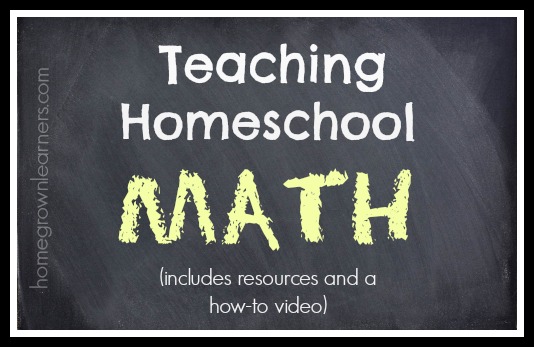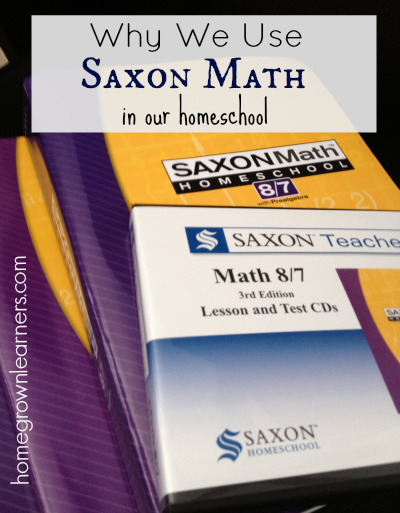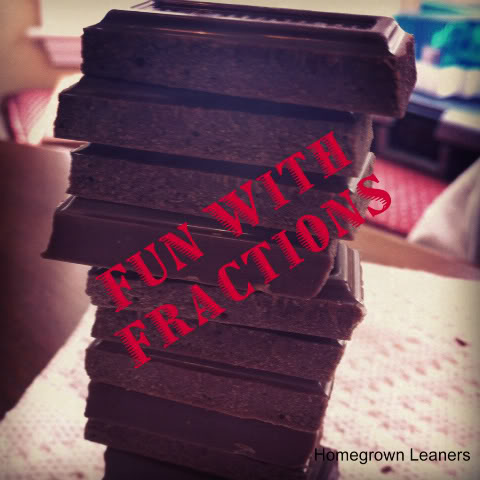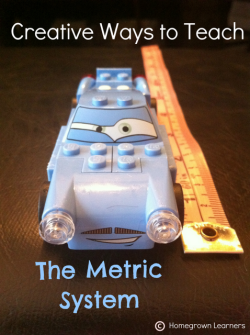
Math is IMPORTANT. Many would argue it is perhaps one of THE most important subjects for our children.
I have a two prong approach to math in our homeschool:
Make math ENGAGING and FUN, but also include a lot of STRUCTURE, DRILL, and REPETITION.
This post will walk you through a typical math lesson in our homeschool.
It will also list MANY resources that have helped my children in their acquisition of math skills over the years.
Saxon - Our Math Program of Choice
Math is the first subject to be completed each day. We have the exact same routine each time we open our math books. Some days it may be difficult and frustrating, but we push through and persevere. This math time is a NON NEGOTIABLE in our homeschool.
(This isn't my personality. I am much more of an interest led learner, with a creative bent in teaching my children. This DID NOT work with math. My children crave the structure and repetition when we do math. I have had to discipline myself to make math a priority and the results are wonderful.)
During the past two years we have settled upon one program, Saxon Math.
I've detailed before WHY we chose Saxon, and if you want to know the reasoning behind this decision, you can read Why We Use Saxon Math.

My children (who aren't unlike many other children I know) thrive on routine, structure, and immediate feedback. They also enjoy tracking their progress and knowing a program WORKS for them. Saxon satisfies all of these requirements.
*Disclaimer: I have one child who is a very average math student and another whose is mathematically gifted. I find that Saxon's spiral approach works very well for my average math student. For my gifted child, I simply had him take the Saxon placement test and decided upon his level based upon that score. I also supplement with living math books and lots of games.
If you have a child who struggles with math, Saxon may not be the fit for you. Homeschooling is wonderful because we can choose what works the best for our own children.
A video about what a typical Saxon 5/4 math lesson looks like in our homeschool:
My daughter, who is in Saxon 8/7, follows the EXACT same plan for each lesson as detailed in the video, except she uses the Saxon Teacher CDs (I highly recommend these!) for viewing her lesson and going over any problems that give her trouble. Watch a demo of the Saxon Teacher CD to see for yourself.
Upper level math doesn't have to be hard for a parent to teach. There are so many online and video resources. I learn along with my child, and can rely on our Saxon Teacher to help when I don't understand a concept.
It's a beautiful thing.
Math Resources
We have always loved Unifix Cubes! They helped both of my children with their early number sense. I think every homeschooling house should have a set of these cubes!

I've had many questions about the best ways to learn math facts. My kids always learn well with music and lots of drill.
Multiplication Mountain is a CD that was played OVER and OVER in our van when the kids were learning times tables. Trust me. This will get your children learning their multiplication facts!
Flash Cards are also used a lot in our homeschool, along with daily facts practice sheets (part of Saxon Math).
Wrap-Ups - for your tactile learners this is a great way to "drill" math facts. Both of my children loved these! (This big Math Wrap-Ups kit even comes with CDs that have catchy songs! I wish I would have known about this when my kids were learning their facts!)
Mega Fun Card Game Math - so many great games to be played with cards! I love this book and we play the games from it frequently.
Math Monkey - this app gets a lot of play time in our house
Math Drills - another app - I like this one because it keeps track of your child's progress on their drills
Unit Studies
At times we have also paused to reinforce a particular concept, and then I've created math unit studies.
Especially during the elementary grades, Unit Studies are the perfect way to cement a concept.

Real Life Applications
Of course, one of the biggest benefits of homeschooling is that we can learn from LIVING.
My kids take an active part in cooking, helping with household projects, and just daily tasks that involve MATH.
I will be the first to admit that math ISN'T my strong suit, but I'm glad it doesn't have to be for my kids to get a good math education. By finding a math program that works for your children, sticking with it, and supplementing with fun and engaging resources, my children are doing very well in math.
*This post is a part of the iHomeschool Network's How I Teach series. Visit other bloggers to see how they teach a wide array of subjects.


